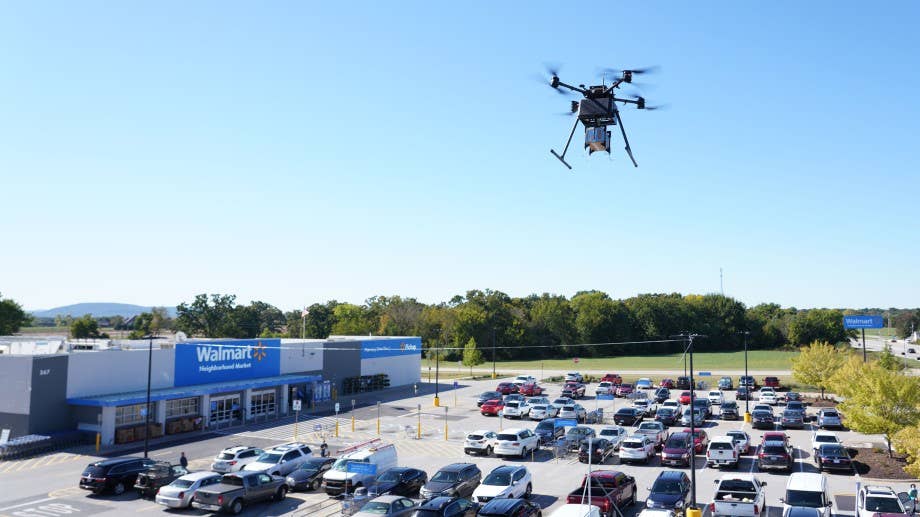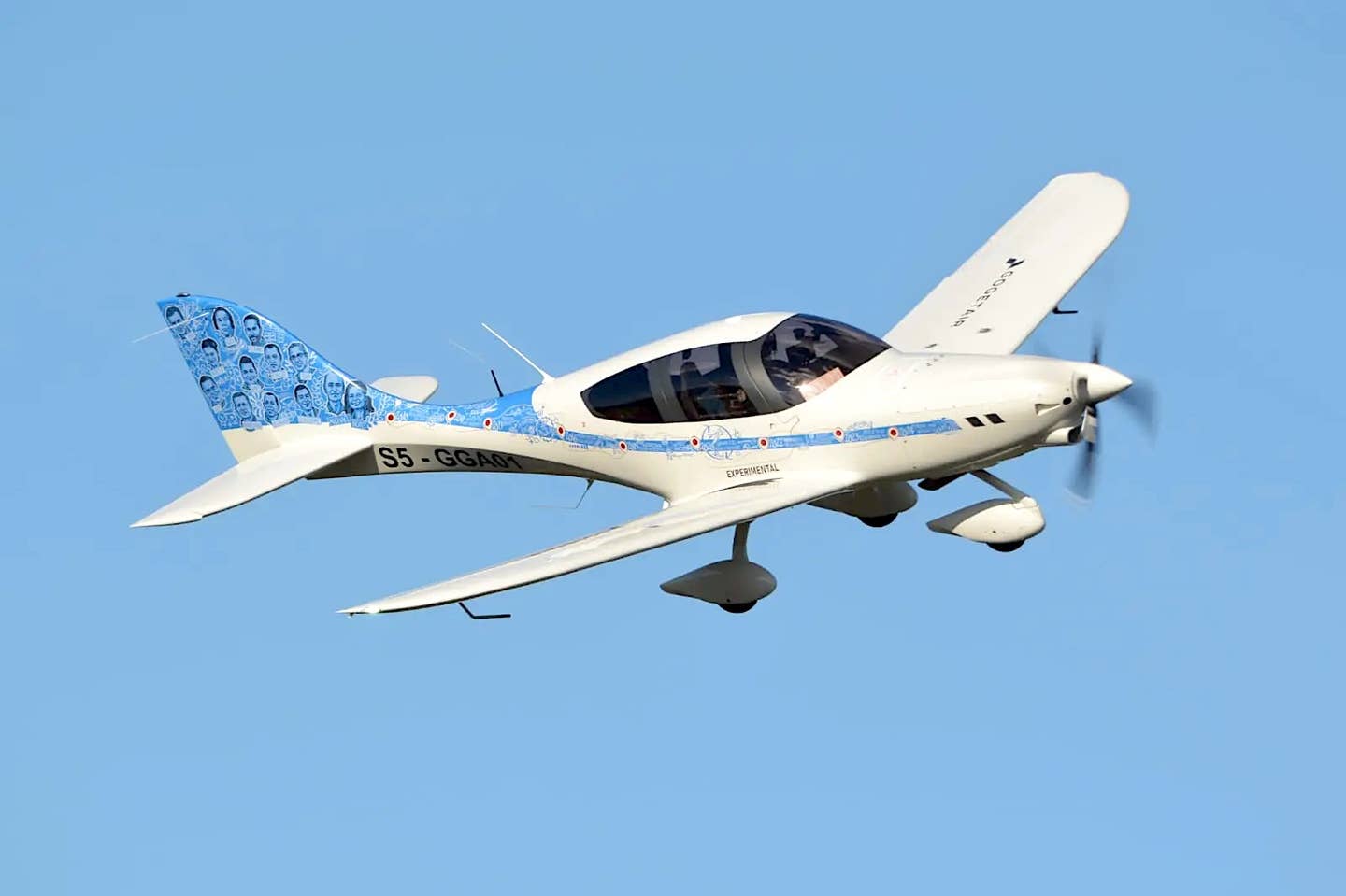Drone Deliveries May Be Taking A Giant Baby Step Forward
More conservative observers and analysts have long noted that one of the pitfalls of the unmanned-aircraft movement has been a tendency to unrealistically overreach. Experts say that in the competition…

Photo: Walmart
More conservative observers and analysts have long noted that one of the pitfalls of the unmanned-aircraft movement has been a tendency to unrealistically overreach. Experts say that in the competition for investment dollars, the loudest claims too often catch the ears of a naïve financial community, frequently with little basis in actual, practical potential. Baby steps need not apply.
But DroneUp, founded in 2016 by CEO Tom Walker and based in Virginia Beach, Virginia, has taken a more measured approach and recently announced a partnership with Walmart to expand modestly sized drone delivery services to six states. DroneUp does not manufacture its vehicles, but rather uses third-party products with an eye toward tailoring its services to the clients’ specific needs, Walker said. According to an article on fastcompany.com, DroneUp’s customers reportedly include the likes of Brookfield Properties, Quest Diagnostics, NATO Allied Command—and now Walmart, in an expanded capacity.
In 2021, DroneUp provided on-demand deliveries at three locations in the retail giant’s home state of Arkansas. That partnership has now expanded to include locations in Arizona, Florida, Texas, Utah and Virginia. Certified pilots operate within FAA guidelines between 8 a.m. to 8 p.m. from delivery hubs at participating Walmart stores seven days a week.
In announcing the partnership last May, David Guggina, Walmart U.S. senior vice president of innovation and automation, said, “Customers will be able to order from tens of thousands of eligible items, such as Tylenol, diapers and hot dog buns, for delivery by air in as little as 30 minutes. For a delivery fee of $3.99, customers can order items totaling up to 10 pounds. So, simply put; if it fits safely, it flies.”
“There was a clear need for a forward-thinking sustainable solution that complemented what was currently in place,” Walker said. “Drones checked the box for everything needed to make last-mile delivery better for everyone. They are fast, efficient, safe, reduce greenhouse emissions, and rapidly becoming cost-effective for businesses to implement.”






